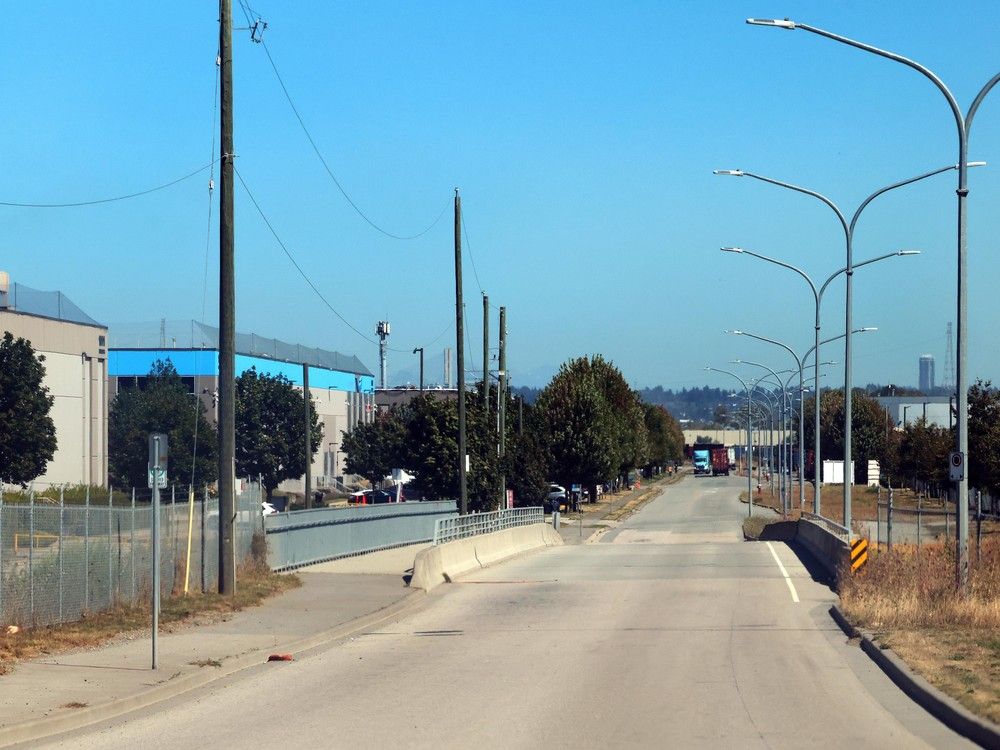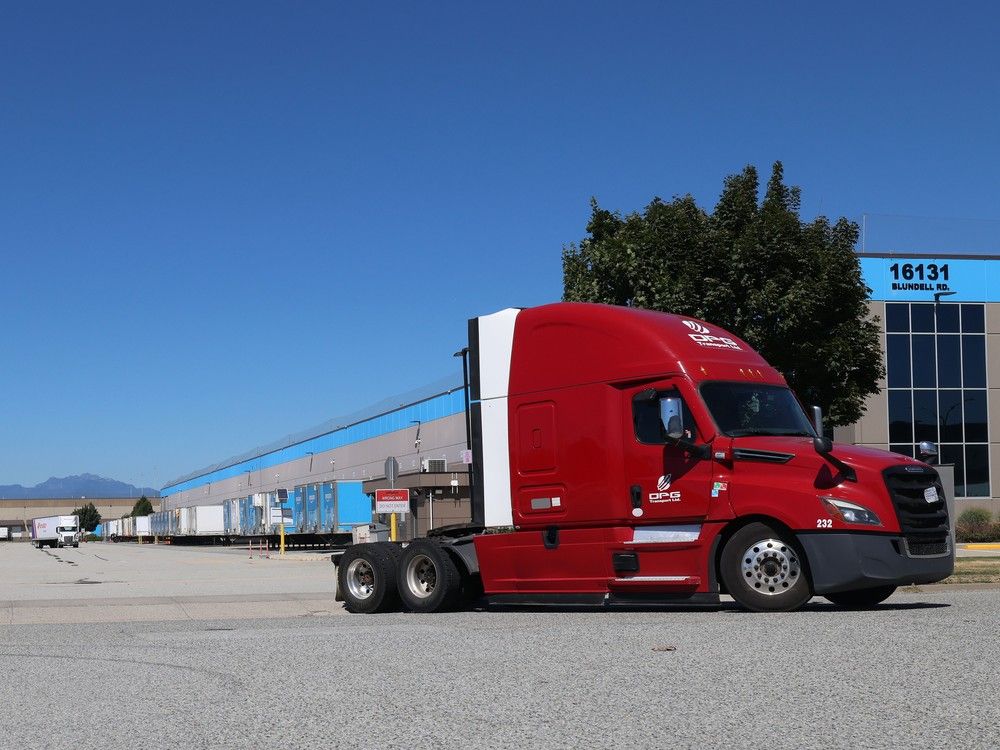
The province announced Monday it is appealing the B.C. Supreme Court ruling that granted the Cowichan Nation title to large swaths of southeast Richmond and fishing rights in the Fraser River.
“We feel that this decision has significant legal issues, and we believe that those legal issues must be reconsidered on appeal,” Attorney General Niki Sharma said. “This case is an example of why the province prefers to resolve land claims through negotiation — where we can protect property rights directly — rather than risk considerable uncertainty through court decisions.”
Justice Barbara Young made the ruling following the longest trial in Canadian history, with 513 trial days over almost four years. At issue was 7½ square kilometres of southeastern Lulu Island and another two-thirds of a square kilometre along the Fraser River shoreline where the ancient Cowichan village of Tl’uqtinus was situated.
The land is owned by the federal government, the province, the City of Richmond, the Vancouver Fraser Port Authority, and various private companies and individuals.
In her 863 page decision, Young ruled the federal and city governments’ title in the area is invalid and that four of the five nations that make up the Cowichan — the Cowichan Tribes, Stz’uminus First Nation, Penelakut Tribe and Halalt First Nation — have the title to the land.
“It is because of our knowledge sharing protocols, the passing down of oral history and the teachings of our elders received, starting as young children, that we have been able to do this work to make our territory whole again,” Chief Cindy Daniels of Cowichan Tribes told a news conference in Duncan on Monday.
Privately owned lands and the Vancouver airport fuel delivery project lands are not covered by the ruling, although Young wants the province and YVR to negotiate “in good faith” with the Cowichan to reconcile its historical interests in those lands.
The decision on the invalidation of land titles held by the federal government, the port and City of Richmond has been stayed for 18 months to allow time for title to be transferred.
Here are four things to know:
What does the decision enable the Cowichan Nation to do?
The Cowichan Nation says the granting of title will allow them to recover land that held the Tl’uqtinus village and engage in traditional practices such as ceremonies and fishing along that area of the Fraser River.
“Our land and resources objectives are to recover and restore our village and surrounding lands, re-establish our permanent residence and river access, re-establish our cultural practices, including those that support food security and sustainability, realize economic development and re-establish the truth of our history in that region,” said Daniels.
“These declarations are powerful reminders to colonial governments about the importance of reconciliation and addressing historical injustices. While not quick, the courts remain an option for First Nations when we are not heard and our rights are ignored.”
The nation’s lawyer, David Robbins, said the goal of the trial was not compensation but rather the reclaiming of Cowichan’s traditional lands and Young’s decision means any use of the land would have to take place with Cowichan’s permission.
What does the claim area look like? When was it taken from the Cowichan?
The area includes a number of warehouses and port facilities on lands owned by the Vancouver Fraser Port Authority, including the Lulu Island Terminal and Westport Portside Terminals. It also home to an Amazon fulfilment centre and distribution services for Ikea.
In court filings, Richmond had expressed concern that it could lose control of municipal infrastructure worth $100 billion, including dikes and other flood control mechanisms such as catchments and pump stations. It said it had been making plans to spend $46 million to improve the dike in the claim area.
Young found that the Cowichan had used the Tl’uqtinus lands for fishing and hunting before their first contact with Europeans in the 1790s and lived there full time during the summer before heading back to Vancouver Island for the winter.
They continued to maintain their village until the government started parcelling it up in 1871, despite Governor James Douglas having set it aside in 1859 to be turned into reserve land. It never became a reserve and by 1914 the land had all been sold to settlers without the Cowichan’s knowledge or permission, which Young said infringed on the nation’s Aboriginal rights.

Why are the Musqueam Indian Band and Tsawwassen First Nation opposed?
The Musqueam Indian Band and the Tsawwassen First Nation opposed the claims made by the Cowichan, arguing they infringe on their own titles and fishing rights, with Musqueam Chief Wayne Sparrow indicating he plans to appeal Young’s decision.
In a statement, Sparrow said the five nations making up the Cowichan had gone against “Coast Salish protocols” and challenged “traditional resource-sharing practices.”
“It is especially concerning that they resorted to the colonial legal system, which was not established to respect or reflect our traditional teachings,” he said.
“We are particularly disheartened the court didn’t recognize the importance of oral history and traditional governance protocols which guide intercommunity relationships since time immemorial.”
The Tsawwassen First Nation has yet to respond to the decision but in court filings also argued they had camped and fished on the lands claimed by the Cowichan and that the nation should not have sole access to the lands and waters around the historical Tl’uqtinus village site.
How has the province, Richmond and the port responded?
Attorney General Niki Sharma told reporters on Monday that the province plans to appeal the decision after having time to review it over the weekend.
The update comes after Premier David Eby had said last week that his government would try to negotiate a solution with all parties involved but was also considering an appeal.
Our government is committed to protecting and upholding private property rights, while advancing the critical work of reconciliation,” said Sharma. “We will continue to provide updates as this process moves forward.”
Richmond Mayor Malcolm Brodie told Postmedia on Monday that the city’s lawyers are still going through Young’s decision and that he can’t say too much now, but did express concern that the “potential implications could be enormous.”
The Vancouver Fraser Port Authority, said it is still reviewing the decision and “will provide further updates at an appropriate time in the future.”